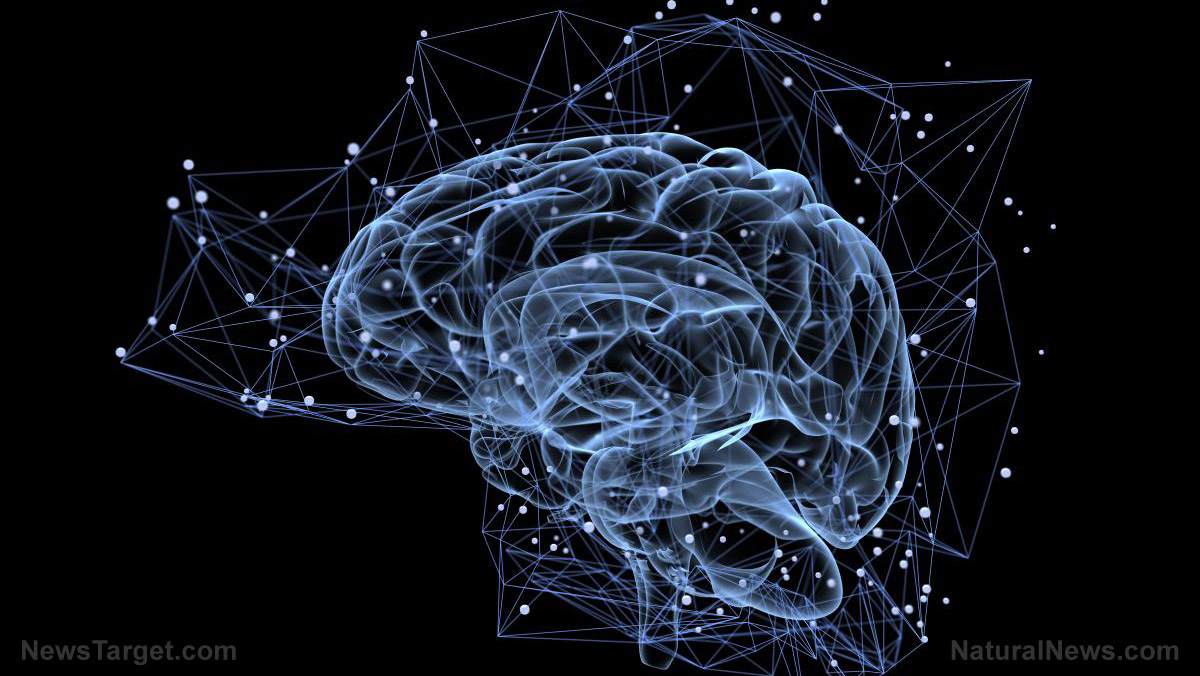Six decades of research concludes that gluten grain consumption increases the risk of both neurological and psychiatric problems
01/16/2019 / By Isabelle Z.

Gluten barely registered on most people’s radars until recently, but it’s something researchers have been investigating for more than six decades. These days, we hear a lot about gluten intolerance, with some people having legitimate autoimmune disorders like Celiac disease, completely unable to consume it while others are simply following a celebrity fad and avoiding it in hopes of slimming down. Motivations aside, it’s pretty easy to find food in the grocery store these days boasting of its gluten-free status.
Gluten is what gives wheat dough its strength and elasticity, and it’s found in foods like bread, cake, pasta, and crackers. Although there is a basic test for alpha gliadin antibodies, it cannot tell you with any certainty whether someone has a gluten sensitivity, and many people who have this problem go undiagnosed. Digestive complaints are common in those with gluten sensitivities, but there is also a rather impressive body of evidence pointing to the link between gluten grain consumption and psychiatric and neurological problems.
As far back as 1951, there have been reports of emotional disturbances clearing up after individuals adopted a gluten-free diet. When scientists realized that gluten sensitivity and Celiac disease were occurring at far greater rates among schizophrenics compared to healthy people, it was the springboard for more thorough research.
Fewer cases of schizophrenia in populations that eat less wheat
In a 1966 epidemiological study that was published in the American Journal of Clinical Nutrition, a significant correlation was found between the percent change in the number of patients who were admitted to a hospital for the first time with schizophrenia and the percent change in the amounts of wheat and rye consumed in five different counties. When gluten grain war rations decreased, the rate of first-time psychiatric institution admissions also dropped.
An interesting 1984 study published in Biological Psychiatry found that there were just two schizophrenics among more than 65,000 adults observed in remote areas of Papua New Guinea and the Solomon Islands where people did not consume any grains. Once wheat was introduced to the area, the prevalence of schizophrenia reached the levels seen in Europe.
A 33-year-old patient who had been diagnosed with schizophrenia was the focus of an illuminating 1997 case study. He had initially complained to his doctor of weight loss and severe diarrhea – classic symptoms of gluten intolerance – and brain scan results showed hypoperfusion. However, when he went on a gluten-free diet, the blood flow to the frontal cortex in his brain improved, as did his intestinal condition. A follow-up study involving 39 patients confirmed that untreated celiac patients had a significantly higher impairment to the blood flow in their brains.
Over the years, studies have linked a gluten sensitivity to disorders that affect every part of the neurological system, from the brain and spinal cord to peripheral nerves. It’s also considered to be a significant trigger in ataxia, multiple sclerosis, psychiatric disorders, neuromyelitis, dementia, migraines, and neuropathy.
Of course, there are many variables that can lead to psychiatric and neurological problems. However, anyone who is experiencing any of these issues may find relief simply by giving up gluten. This means cutting out not only anything that contains flour but also bulgur, bran, wheat germ, semolina, durum wheat, spelt, farro and wheat germ. Even a tiny amount of gluten can affect those who are intolerant, so it requires a lot of vigilance – but it is well worth the effort for the potential improvements such a change can bring some people.
Sources for this article include:
Tagged Under: brain health, celiac, disease causes, gluten, gluten intolerance, mind body science, psychiatric disorders, schizophrenia, sensitivity


















